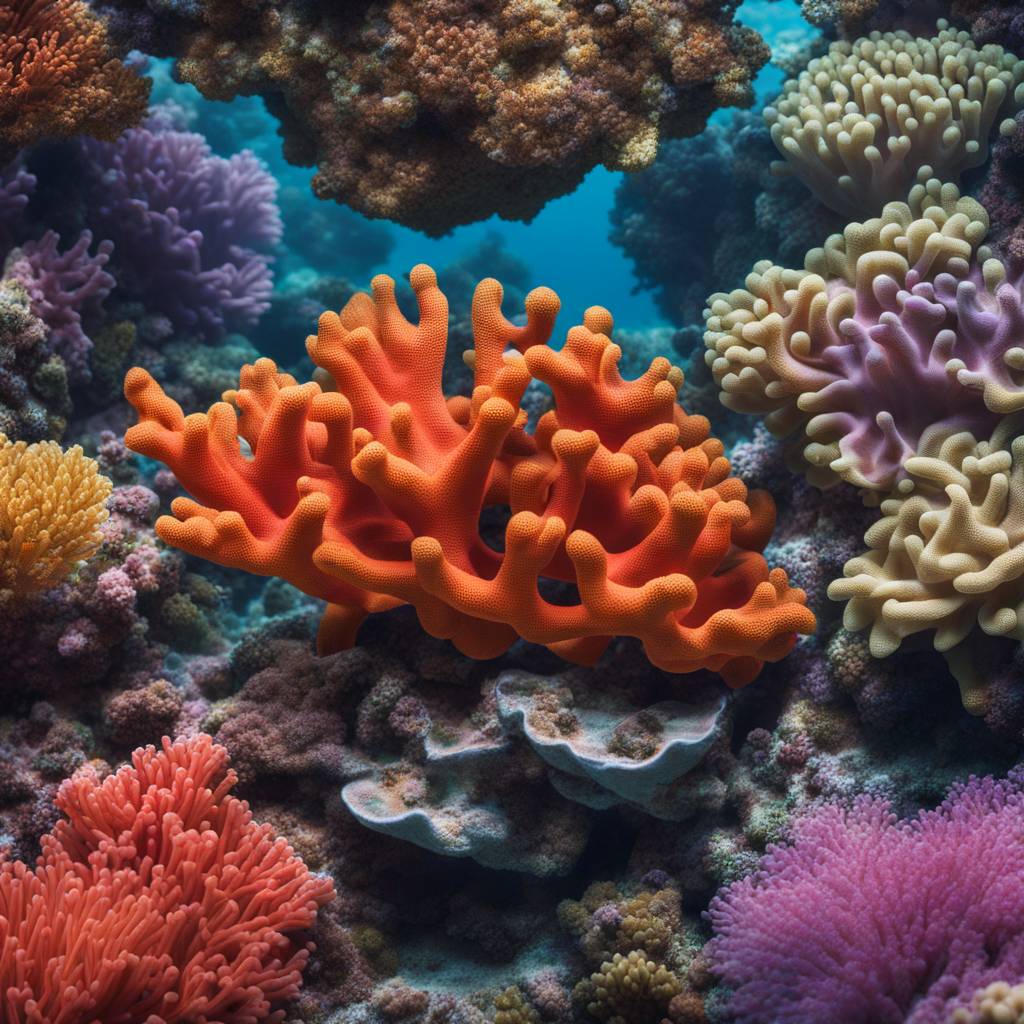The human gut contains a diverse population of microbes that play a crucial role in maintaining gut health. Similarly, coral reef ecosystems also rely on microorganisms for various ecological functions such as recycling organic matter and providing nutrients to corals and other reef inhabitants. Researchers from WHOI conducted a study on the microbial community in coral reef water by analyzing eight reefs in the U.S. Virgin Islands over a span of seven years, which included periods of hurricanes and coral disease outbreaks.
Cynthia Becker, the lead author of the study, highlighted the various factors contributing to the decline of coral reefs, including climate change, hurricanes, disease, and other stressors. Coral reefs are crucial habitats for marine species and play a significant role in supporting global tourism and fishing industries. Monitoring changes in coral reefs in real-time is essential, and studying the microbes in their environment can offer valuable insights into their health and resilience.
The study published in Environmental Microbiology focused on understanding how coral reef disturbances impact the microbial community. Two significant events studied were hurricanes Irma and Maria in 2017 and the stony coral tissue loss disease outbreak in 2020, which led to an increase in ammonium concentration in the water and a 34% decline in Prochlorococcus bacteria. Prochlorococcus is a photosynthetic bacteria that contributes to the coral ecosystem’s health by producing oxygen and supporting carbon cycling.
Amy Apprill, a microbial ecologist at WHOI and corresponding author of the study, emphasized the essential role of microbes in coral reef ecosystems. Microbes are rapid responders to changes in environmental conditions and can provide valuable insights into the health of coral reefs. By sampling reef water and analyzing microbial DNA using eDNA techniques, researchers can gather near real-time information about the reef’s condition, allowing for better monitoring and intervention strategies to support reef health.
The use of eDNA analysis provides a non-invasive and efficient method for studying the microbial community in coral reef ecosystems. With approximately 1 million microbial cells in every milliliter of reef water, researchers can identify and track changes in microbial composition to assess the reef’s health. Understanding the balance between microorganisms and macroscopic organisms is crucial for maintaining a healthy functioning ecosystem and guiding coral reef restoration efforts.
This research was supported by various organizations and initiatives such as The Tiffany Foundation, NOAA, WHOI Ocean Ventures Fund, the National Science Foundation, and WHOI’s Reef Solutions Initiative. By leveraging advancements in microbial research and eDNA analysis, scientists can gain valuable insights into coral reef health and drive conservation efforts to preserve these vital ecosystems for future generations.













